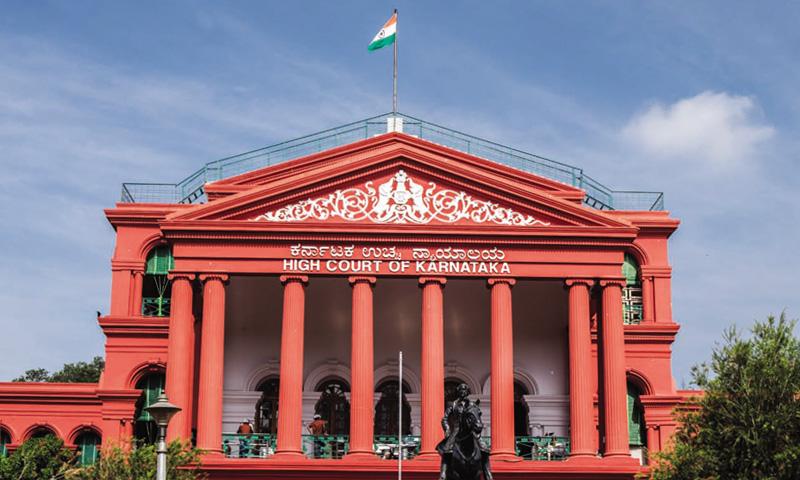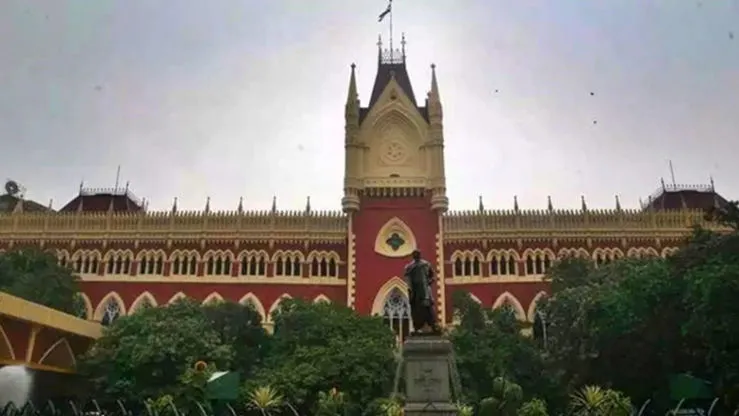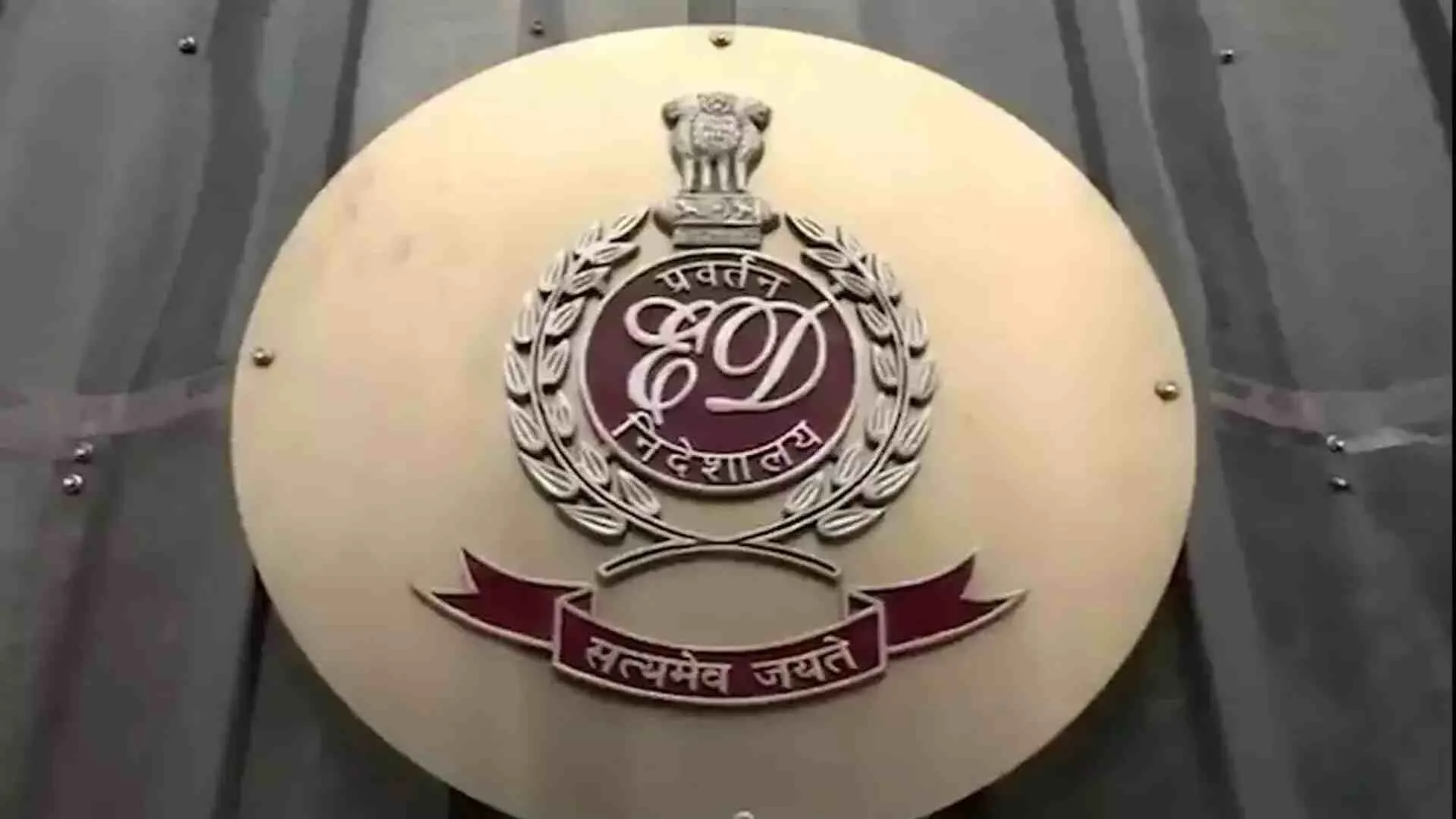It would be quite significant to note that the Karnataka High Court while ruling on a very crucial matter in a learned, laudable, landmark and latest judgment titled Neha Rafiq Chahchadi vs State of Karnataka & Anr in Criminal Petition No. 102165 of 2019 and cited in 2023 LiveLaw (Kar) 268 that was pronounced as recently as on July 3, 2023 has made it clear that as per Section 78 of the Information Technology Act, 2000 an officer below the rank of Police Inspector can register FIR for offence punishable under Section 66E of the Act, but the investigation is to be conducted by a person who is not below the rank of an Inspector of Police. It certainly merits mentioning here that a Single Judge Bench comprising of Hon’ble Mr Justice V Srishananda of Dharwad Bench of Karnataka High Court has dismissed a petition that had been filed by one Neha Rafiq Chachad questioning the registration of FIR against her for allegedly opening a fake instagram account in the name of the complainant and posting obscene and obnoxious posts. Very rightly so!
At the very outset, we see that this recent, remarkable, refreshing, robust and rational judgment authored by a Single Judge Bench comprising of Hon’ble Mr Justice V Srishananda of the Dharwad Bench of Karnataka High Court sets the ball in motion by first and foremost putting forth precisely in para 1 that, “Heard Sri Harshawardhan M.Patil, learned counsel for the petitioner, Smt. Girija S. Hiremath, learned High Court Government Pleader for respondent No.1-State and Sri Santosh B.Rawoot, learned counsel for respondent No.2. Perused the records.”
While stating the object of the petition, the Bench discloses in para 2 that, “The present petition is filed under Section 482 o f Cr.P.C. with the following prayer :-
“To quash the registration of the FIR and complaint in City CEN Cr. No.21/2019 Belagavi, for the offence punishable u/sec.66E of Information Technology Act, 2000 by the City CEN Police pending on the file o f III JMFC Belagavi.””
To put things in perspective, the Bench envisages in para 3 that, “The brief facts of the case are as under :-
A complaint came to be lodged by Shayeesta Aga w/o Yusuf Aga with Belagavi CEN Police which was registered in Crime No.21/2019 on 02.10.2019 for the offence punishable U/sec.66E of the Information Technology Act, 2000.
3.1 Gist of the complaint averments reveal that the petitioner herein has opened a fake instagram account in the name of the complainant and posted obscene and obnoxious posts in the said instagram account. On noticing the same, she has lodged a complaint with the police to take action against the petitioner.
3.2 Police after registering the case are investigating the matter. The petitioner has challenged the very registration of the case on the ground that the offence is not cognizable and therefore the investigation agency was required to take recourse to Section 155(2) of Cr.P.C. and so also the Police Sub-Inspector was incompetent to register the case and sought for quashing further proceedings.”
As we see, the Bench then mentions aptly in para 4 that, “Per contra, learned High Court Government Pleader supports the filing of the complaint.”
To be sure, the Bench then states in para 5 that, “Sri Santosh B. Rawoot, learned counsel for the defacto complainant also supports the registration of the case.”
Needless to say, the Bench then points out in para 6 that, “In view of the rival contentions of the parties, this Court perused the material on record meticulously.”
o note, the Bench notes in para 7 that, “Section 66E of the Information Technology Act, 2000 reads as under:
“66E. Punishment for violation of privacy Whoever, intentionally or knowingly captures, publishes or transmits the image of a private area of any person without his or her consent, under circumstances viola ting the privacy of that person, shall be punished with imprisonment which may extend to three years or with fine not exceeding two lakh rupees, or with both. Explanation: For the purposes of this section–
(a) “transmit” means to electronically send a visual image with the intent that it be viewed by a person or persons: (b) “capture”, with respect to an image, means to video tape, photograph, film or record by any means;
(c) “private area” means the naked or undergarment clad genitals, pubic area, buttocks or female breast;
(d) “publishes” means reproduction in the printed or electronic form and making it available for public;
(e) “under circumstances violating privacy” means circumstances in which a person can have a reasonable expectation that-
(i) he or she could disrobe in privacy, without being concerned that an image of his private area was being captured; or
(ii) any part of his or her private area would not be visible to the public, regardless of whether that person is in a public or private place.””
Do note, the Bench notes in para 8 that, “The punishment contemplated for the said offence is three years imprisonment or fine or with both. The fact of publishing the fake and obscene and obnoxious content in the fake instagram account of the 2nd respondent defacto complainant is very much clear from the material available on record. Taking note of the fact that there was such post in the instagram account which was not opened by the 2nd respondent complainant, and there is a specific allegation that it is the petitioner who opened the fake instagram account in the name of the 2nd respondent and posted illegal and obnoxious contents in the said post, registration of the case and investigation is very much necessary to unearth the truth in the incident. Given the punishment prescribed for the offence U/Sec. 66E , it is cognizable in nature. Therefore, first ground on which the petitioner is seeking quashing of proceedings cannot be countenanced in law.”
Further, the Bench hastens to add in para 9 that, “Insofar as the second contention of the petitioner that the proceedings are vitiated as it is not registered by the Inspector of Police as is contemplated under Section 78 of the Information Technology Act, 2000 cannot also be countenanced for more than one reason.”
It is worth noting that the Bench notes in para 10 that, “In order to appreciate the same, it is just and necessary to cull out Section 78 of the Information Technology Act, 2000, which reads as under:
“78. Power to investigate offences— Notwithstanding anything contained in the Code o f Criminal Procedure, 1973 (2 of 1974), a police officer not below the rank of Inspector shall investigate any offence under this Act.””
Most significantly, the Bench minces absolutely just no words to mandate in para 11 most unambiguously laying down that, “On careful consideration of the language and wordings employed in the said section by the Legislature, it is crystal clear that there is no bar to register a case by a police official lesser in the rank that of a Inspector of Police. However, what the Section 78 of the Information Technology Act, 2000 would contemplate is that the investigation should be conducted by a person who is of the rank of an Inspector of Police and not below the rank of an Inspector of Police.”
It also cannot be glossed over that the Bench points out in para 12 that, “In the case on hand, it is seen that the FIR came to be registered by the Sub-Inspector of Police and not by the Inspector of Police. Further, it is also noticed by virtue of the interim order of stay granted in the present petition, no investigation has taken place at all.”
As a corollary, the Bench then specifies in para 13 that, “Therefore, rights of the petitioner is not put any jeopardy so as to seek for intervention of this Court by exercising the power under Section 482 Cr.P.C.”
Most forthrightly, the Bench then propounds in para 14 stating that, “Therefore, the ground that has been urged on behalf of the petitioner that the registration of the case vitiated for non-compliance of the Section 78 of the Information Technology Act, 2000, cannot also be countenanced in law and therefore, needs to be brushed aside.”
More to the point, it would be germane to note that the Bench then further clarifies in para 15 mentioning that, “Further, directing the investigation to be conducted by the Inspector of Police would quell all apprehensions of the petitioner.”
Finally, we see that the Bench then concludes by holding in para 16 that, “Accordingly, following order is passed.
ORDER
The petition is dismissed.
The pending investigation shall be carried out by the Inspector, CEN Police, Belagavi as per Section 78 of the Information Technology Act, 200 by an Inspector of Police and file appropriate report in accordance with law.
The observations made by this Court during the course of this order shall not affect the rights of the petitioner in any manner.””
In conclusion, we thus see clearly that the Single Judge Bench comprising of Hon’ble Mr Justice V Srishananda of Dharwad Bench of Karnataka High Court has made it indubitably clear that Section 78 of the Information Technology (IT) Act mandates probe and not registration of FIR by officer not below the rank of Police Inspector. There can be thus no gainsaying that the men and women in police uniform must strictly abide by what the Karnataka High Court has laid down in this leading case and act accordingly. No denying it!







